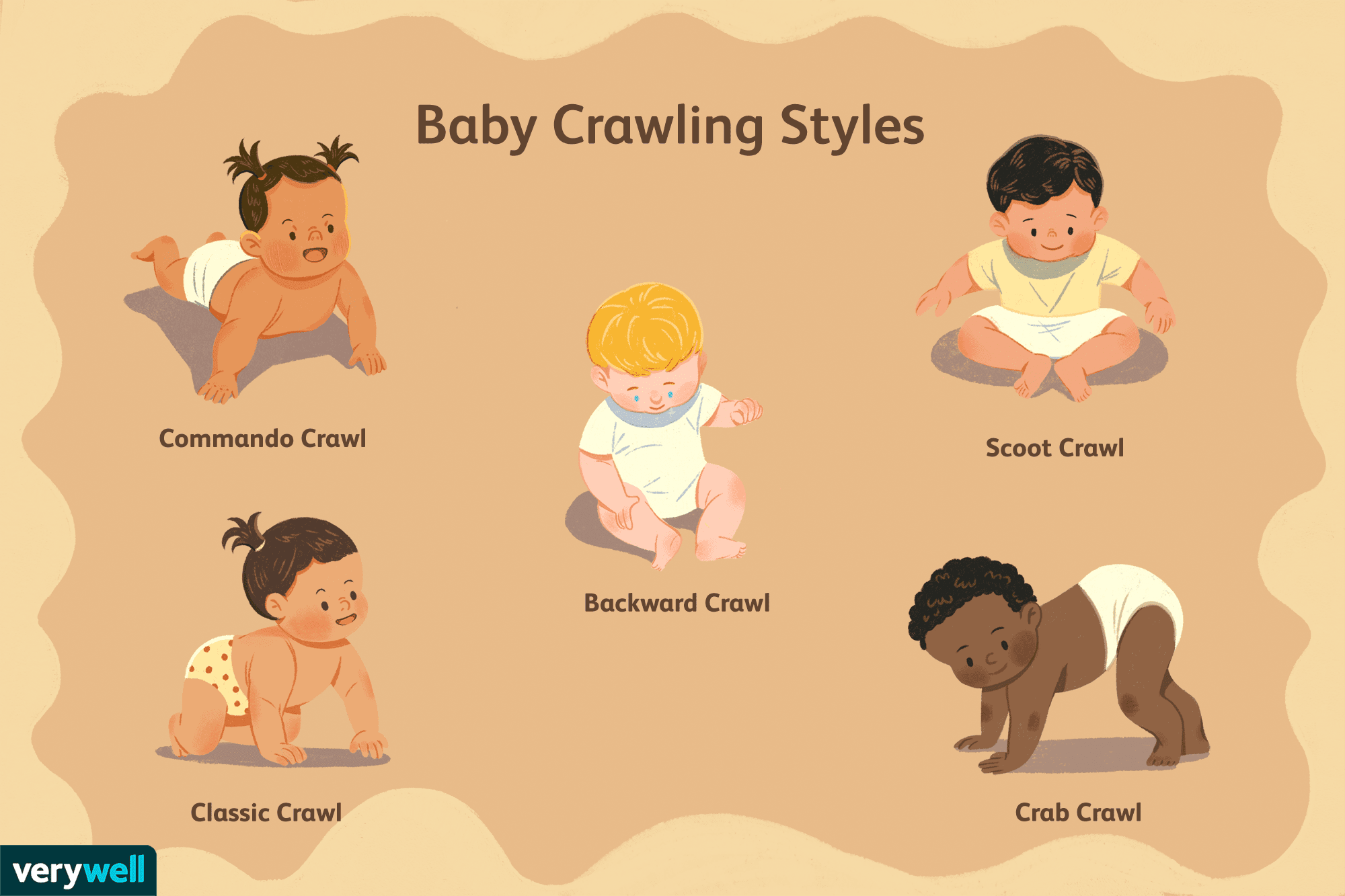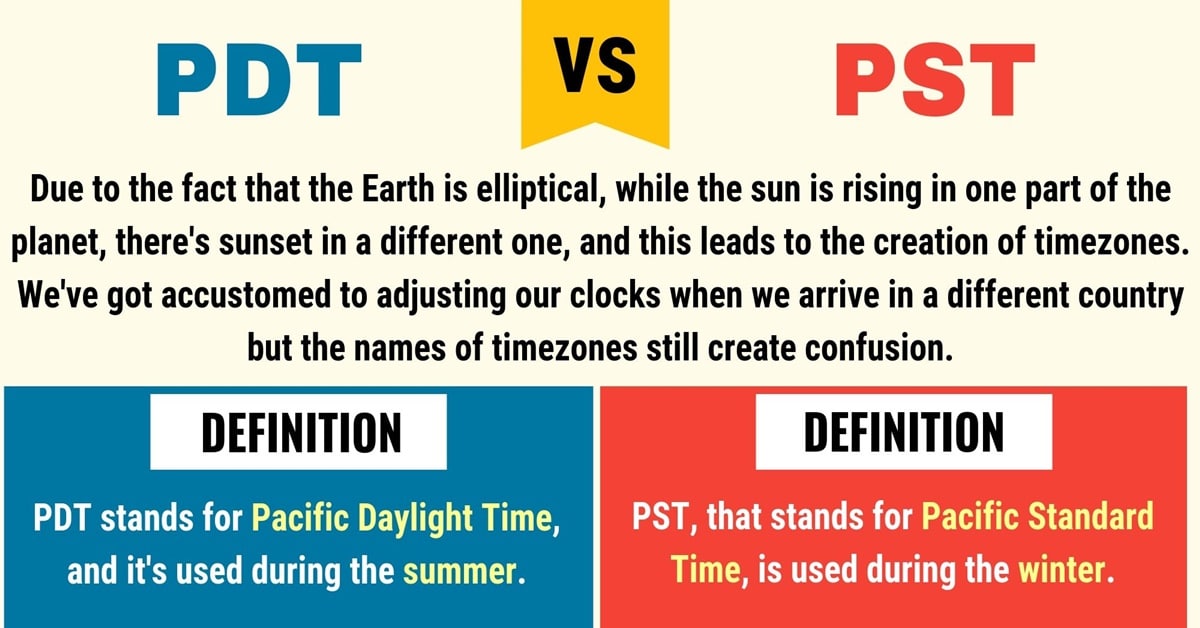Listcrawler Charlotte unveils a complex landscape where data collection, legal boundaries, and ethical considerations intertwine. This exploration delves into the technical processes of listcrawling, examining the types of data targeted, the tools employed, and the potential impact on businesses within the Charlotte area. We will navigate the legal and ethical ramifications, offering strategies for businesses to both leverage and protect themselves from the potential risks associated with this practice.
Understanding “Listcrawler Charlotte” requires examining its various interpretations. It could refer to a specific individual or entity engaged in data scraping, a type of data collection activity, or even a broader phenomenon of data harvesting in the Charlotte region. This investigation will analyze different scenarios, including hypothetical examples, to illustrate the practical implications and consequences.
Understanding Listcrawler Charlotte
The term “Listcrawler Charlotte” refers to the practice of automated data scraping targeting lists of businesses or individuals located in Charlotte, North Carolina. This can involve extracting various types of data from websites, online directories, and other publicly accessible sources. The interpretation depends heavily on the context and intent of the data collection. For example, a legitimate business might use listcrawling for market research, while a malicious actor might employ it for fraudulent activities.
Examples include a real estate company compiling a list of properties for sale, a marketing firm building a targeted advertising list, or a competitor gathering information on pricing and services. Contexts range from legitimate business intelligence gathering to potentially illegal activities like identity theft or spamming.
Potential Meanings and Interpretations of “Listcrawler Charlotte”
The phrase “Listcrawler Charlotte” can have several meanings depending on the context. It might refer to a specific software program designed for this purpose, a person or team engaging in this activity, or the overall process of data scraping in Charlotte. The ethical and legal implications vary widely depending on the methods employed and the intended use of the collected data.
Examples of Scenarios Where This Phrase Might Be Used
Consider a marketing agency using listcrawling to identify potential clients in the Charlotte area. They might scrape data from online business directories to create a targeted marketing campaign. Alternatively, a less ethical actor might use listcrawling to collect personal information for phishing scams or other fraudulent activities.
Possible Contexts for “Listcrawler Charlotte”
This phrase could be used across various industries, including real estate, marketing, finance, and even law enforcement. In real estate, it might be used to identify potential buyers or sellers. In marketing, it’s used for targeted advertising. In finance, it might be used for credit risk assessment. Law enforcement might use it for investigative purposes, although this requires careful consideration of legal and ethical boundaries.
Technical Aspects of Listcrawling
Listcrawling involves a combination of automated web scraping techniques and data processing. The process typically begins with identifying target websites and online directories, then employing tools to extract the desired data. The data is then cleaned, formatted, and stored for analysis and use.
Technical Processes Involved in Listcrawling
The process involves several steps: identifying target websites, developing a web scraper (often using Python libraries like Beautiful Soup and Scrapy), extracting data, cleaning and validating the data, and storing the data in a structured format (like a database or spreadsheet). Error handling and rate limiting are crucial to avoid being blocked by target websites.
Different Types of Data Targeted by a Listcrawler in Charlotte
Data targeted can include business names, addresses, phone numbers, email addresses, websites, social media links, and even employee information. The specific data targeted depends on the listcrawler’s goals. For instance, a real estate listcrawler might prioritize property addresses and listing details, while a marketing firm might focus on contact information.
Potential Tools and Technologies Used in Listcrawling
Common tools include programming languages like Python, web scraping libraries such as Beautiful Soup and Scrapy, and databases like MySQL or MongoDB for storing the collected data. Proxy servers are often used to mask the IP address of the listcrawler and avoid detection.
Hypothetical Listcrawling Operation Targeting Businesses in Charlotte, Listcrawler charlotte
A hypothetical operation might involve scraping data from Yelp, Google My Business, and the Charlotte Chamber of Commerce website. The scraper would extract business names, addresses, phone numbers, and website URLs. The data would then be cleaned, deduplicated, and organized into a spreadsheet or database for analysis and use in a targeted marketing campaign.
Legal and Ethical Considerations
Listcrawling raises significant legal and ethical concerns, especially regarding data privacy and intellectual property. It’s crucial to understand the legal landscape and adhere to ethical guidelines to avoid potential penalties and reputational damage.
Legal Implications of Listcrawling in Charlotte
The legality of listcrawling depends heavily on the specific data collected, the methods used, and the intended purpose. Scraping data that is publicly accessible is generally permissible, but accessing data behind logins or violating terms of service is illegal. Violation of data privacy laws, like the CCPA or GDPR (if applicable), can result in significant fines.
Get the entire information you require about craigslist eastern ct on this page.
Potential Ethical Concerns Related to Listcrawling
Ethical concerns include respecting user privacy, obtaining informed consent, and avoiding the misuse of collected data. Using data for malicious purposes, such as spamming or identity theft, is clearly unethical.
Comparison of Different Approaches to Responsible Data Collection
Responsible data collection involves obtaining explicit consent whenever possible, respecting robots.txt directives, adhering to website terms of service, and ensuring data security and privacy. Transparency with data subjects is also crucial. Methods should minimize the impact on target websites and avoid overloading their servers.
Potential Legal Ramifications of Different Listcrawling Methods
| Method | Legality | Ethical Concerns | Potential Penalties |
|---|---|---|---|
| Scraping publicly accessible data | Generally legal | Minimal, if data is used responsibly | None, unless violating other laws |
| Scraping data behind logins | Illegal | Significant breach of privacy | Fines, lawsuits |
| Violating robots.txt | Potentially illegal | Disrespect for website owner’s wishes | Cease and desist orders, lawsuits |
| Using data for malicious purposes | Illegal | Severe ethical violation | Fines, imprisonment |
Impact on Businesses in Charlotte

Listcrawling can have both positive and negative impacts on businesses in Charlotte. While it can provide valuable data for market research and targeted marketing, it can also lead to data breaches, reputational damage, and legal issues.
Potential Positive and Negative Impacts of Listcrawling on Businesses
Positive impacts include improved market understanding, targeted marketing campaigns, and competitive analysis. Negative impacts include data breaches, reputational damage, loss of customer trust, and legal liabilities.
Examples of How Businesses Might Use Listcrawling Data to Their Advantage
Businesses can use listcrawling data to identify potential customers, analyze competitor strategies, and improve their marketing efforts. This can lead to increased sales and market share.
Strategies for Businesses to Protect Themselves from the Risks Associated with Listcrawling
Businesses should implement strong data security measures, monitor their online presence for suspicious activity, and regularly review their terms of service and privacy policies. They should also educate employees about the risks of listcrawling and how to avoid becoming victims.
Best Practices for Businesses to Mitigate the Negative Impacts of Listcrawling
- Implement robust data security measures.
- Regularly review and update security protocols.
- Monitor online activity for suspicious behavior.
- Educate employees on data security best practices.
- Proactively address data breaches.
- Comply with all relevant data privacy regulations.
Illustrative Example: A Hypothetical Scenario
Imagine a real estate listcrawler targeting properties listed on various Charlotte real estate websites. The crawler collects data on property addresses, prices, and listing details. This data is then used to create a database of properties, potentially for competitive analysis or to identify undervalued properties.
Hypothetical Scenario in the Real Estate Industry
A real estate investor uses a listcrawler to gather data on properties in a specific neighborhood in Charlotte. The data is used to identify undervalued properties, allowing the investor to make strategic purchasing decisions. However, if the data collection methods violate terms of service or privacy laws, the investor could face legal repercussions.
Data Security and Privacy

Data security and privacy are paramount in listcrawling. Protecting collected data from unauthorized access and misuse is crucial to maintaining ethical standards and avoiding legal issues. Compliance with relevant data privacy regulations is mandatory.
Importance of Data Security and Privacy in Listcrawling
Protecting the privacy of individuals and businesses whose data is collected is crucial. Data breaches can lead to identity theft, financial loss, and reputational damage. Strong security measures are essential to prevent these risks.
Methods for Securing Data Collected Through Listcrawling
Data encryption, secure storage, access control measures, and regular security audits are crucial. Data anonymization techniques can also be used to protect individual identities.
Comparison of Different Data Privacy Regulations Relevant to Listcrawling in Charlotte
Regulations like the CCPA (California Consumer Privacy Act) and GDPR (General Data Protection Regulation) (if applicable) must be considered. These laws dictate how personal data can be collected, stored, and used. Compliance is crucial to avoid penalties.
Secure Data Handling Process for Listcrawled Information
A secure data handling process would involve: 1) Data collection using ethical and legal methods; 2) Data encryption during transmission and storage; 3) Secure storage in a controlled environment; 4) Access control limiting data access to authorized personnel; 5) Regular security audits and vulnerability assessments; 6) Data anonymization where possible; 7) Incident response plan for data breaches; 8) Compliance with all relevant data privacy regulations.
In conclusion, the practice of listcrawling in Charlotte presents a multifaceted challenge. While offering potential benefits for businesses in terms of market research and targeted marketing, it simultaneously raises significant legal and ethical concerns regarding data privacy and security. Understanding the technical aspects, legal frameworks, and ethical implications is crucial for businesses to navigate this landscape responsibly, mitigating risks while harnessing the potential advantages of data-driven insights.
Proactive strategies, robust data security measures, and a commitment to ethical data handling are essential for navigating the complexities of listcrawling in the modern business environment.
Answers to Common Questions
What are the penalties for illegal listcrawling in Charlotte?
Penalties for illegal listcrawling can vary depending on the specific violation and applicable laws. They can range from fines to lawsuits and potential criminal charges, depending on the severity and nature of the data breach or misuse.
How can businesses in Charlotte prevent their data from being scraped?
Businesses can employ various strategies to deter listcrawling, including implementing robust website security measures, using robots.txt files to restrict access, and regularly monitoring their online presence for suspicious activity. Employing strong passwords and multi-factor authentication are also vital.
What is the difference between ethical and unethical listcrawling?
Ethical listcrawling respects data privacy regulations, obtains explicit consent where necessary, and uses data responsibly. Unethical listcrawling violates these principles, potentially leading to data breaches, privacy violations, and legal repercussions.
Are there specific regulations in Charlotte governing listcrawling?
While there may not be specific regulations solely targeting listcrawling in Charlotte, general data privacy laws (such as those at the state and federal level) apply, and violations can result in legal consequences.



